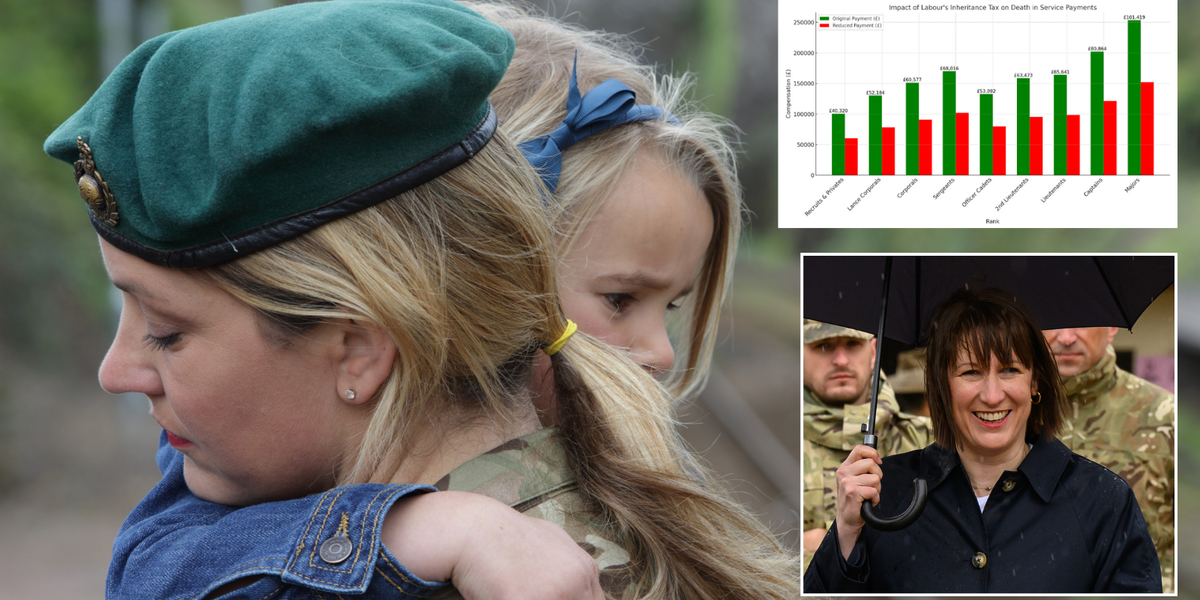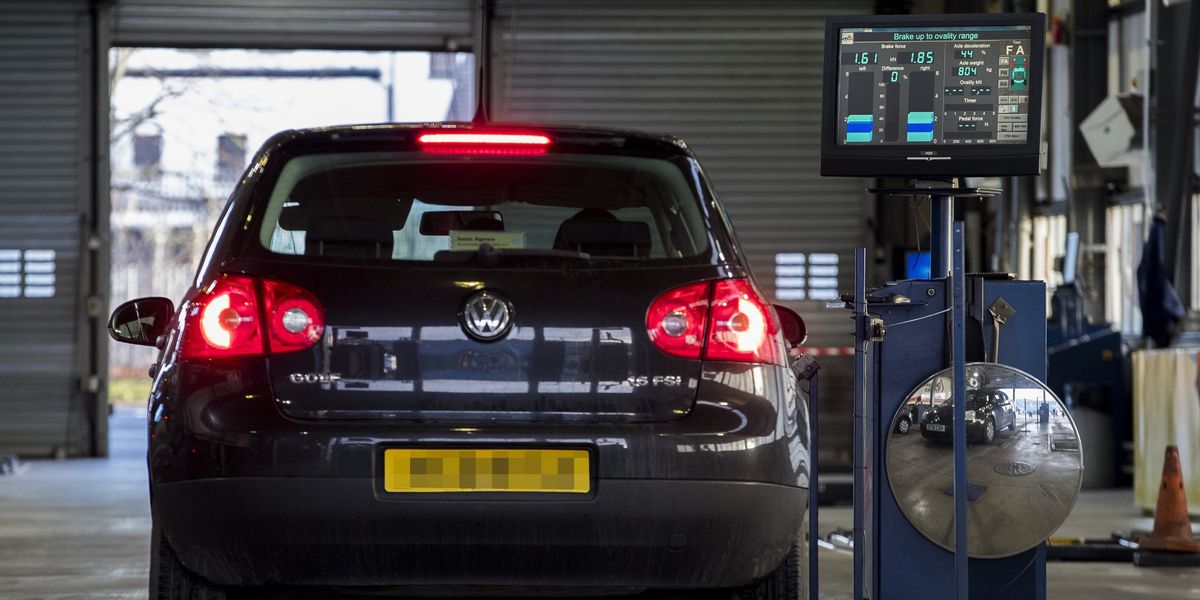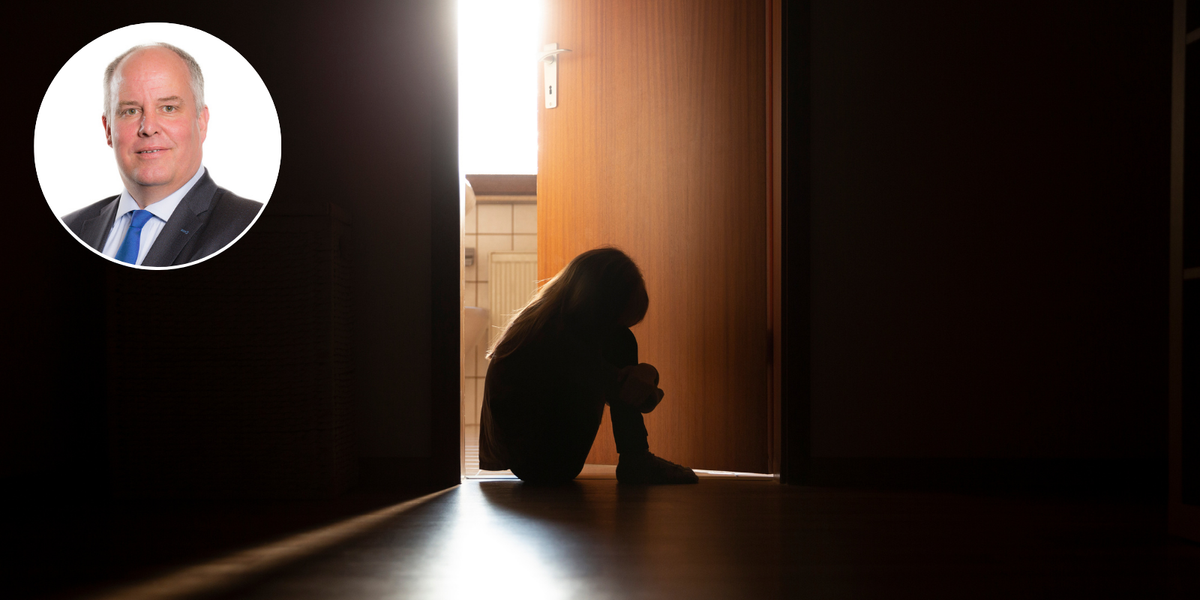A taxpayer-funded judicial program provided undisclosed funding to intervenors who supported the carbon tax — before the Supreme Court rendered its decision in 2021.
The Supreme Court decision, which ruled in favour of the carbon tax, was the only time the Court Challenges Program (CCP) subsidized intervenors to side with the government in a tax case, reported Blacklock’s.
The CCP aims to “help Canadians access the justice system in order to assert their constitutional rights,” said the Annual Report. It spent $24.9 million on grants to litigants since 2017. It's said to be a "cornerstone of [the government's] commitment to a diverse, fair and inclusive Canada."
The Trudeau Liberals came up with an "arbitrary" carve out from the carbon tax for "areas where people tend to vote Liberal," Alberta Premier Danielle Smith tells Rebel reporter Alex Dhaliwal.
"It's not a great way to pass policy," she adds.https://t.co/dh39RL8IFZ pic.twitter.com/glRfUtYqb1
In March 2021, the Supreme Court upheld the federal carbon tax in a 6-3 decision despite legal challenges from both provinces and Ontario. The federal Court Challenges Program funded 40 interventionists in support of the Trudeau government, including Amnesty International and the David Suzuki Foundation.
The funding amount was never disclosed under the Program, reported Blacklock’s.
Justice Malcolm Rowe, who dissented from the original ruling, foresaw that “regulations that have the effect of favouring or imposing unequal burdens on certain provinces and industries in a manner that cannot be justified” would be unconstitutional.
“Rowe’s concern is more relevant than ever,” said Franco Terrazzano, Federal Director for the Canadian Taxpayers Federation, who notes the carve-out “disrupts the uniformity that made the carbon tax constitutional.”
The decision also says “the withdrawal of one province from the scheme would clearly threaten its success.”
Premier Smith sent congratulations to premiers David Eby and Scott Moe on their election wins, and also asked Premier Moe if Sask. would join Alberta's lawsuit against the Trudeau Liberals' carbon tax exemptions which largely benefit Atlantic Canada.https://t.co/dh39RL9gvx pic.twitter.com/2k02TbN3mr
— Rebel News (@RebelNewsOnline) October 29, 2024After Prime Minister Justin Trudeau announced a residential reprieve for oil to heat buildings in October 2023, Alberta Premier Danielle Smith went on the attack.
“If you’re going to make the case that you need to have national jurisdiction, then you need to apply the rules fairly across the board,” she told Rebel News. Smith criticized the exemption as unfair to Albertans, who rely on natural gas for heating, and to Saskatchewan, which depends on natural gas and coal, while neither province uses residential heating oil.
On challenging the carbon tax, Smith said it can only be done through politics or the courts. It is not yet known if Saskatchewan would join her legal challenge, announced last fall.
Still, Premier Moe has repeatedly asked Trudeau to forgo the annual tax hikes alongside Smith, citing inflation and a high cost of living. The outgoing prime minister refused to meet with the premiers last year to discuss the matter.
Feds paid intervenors to take their side in Supreme Court case on #CarbonTax, records show.
Pro-tax groups were paid under @JusticeCanadaEn program intended to promote “language rights and human rights.”https://t.co/P1qIccXfxp @SCC_eng @DM_JusticeCan pic.twitter.com/MnokOh6Jwd
In a previous letter, Trudeau claimed the federal carbon tax contributes about 0.1% to inflation, which contrasts with the Bank of Canada's estimate of 0.4%.
Conservative MP Philip Lawrence asked how long a period ending the carbon tax would reduce inflation. Bank governor Tiff Macklem said one year, with a one-time drop in inflation of 0.6%.
Conservative MP Philip Lawrence asked how long it would take after ending the carbon tax for inflation to go down. Bank governor Tiff Macklem responded that it would lead to a one-time inflation drop of 0.6% within a year.
Premier Smith has criticized the tax, calling it “designed by the wealthy and well-connected,” as it doesn't significantly affect their household finances. The carbon tax is set to increase by 23% to $95 per tonne on April 1st.
“I don't know if they have really thought about the impact of what they've done,” Smith told Rebel News. “They’re just thinking politically.” However, the reprieve from the tax will only last for three years.

Alex Dhaliwal
Calgary Based Journalist
Alex Dhaliwal is a Political Science graduate from the University of Calgary. He has actively written on relevant Canadian issues with several prominent interviews under his belt.

 By Rebel News | Created at 2025-01-24 23:01:20 | Updated at 2025-01-26 06:24:51
1 day ago
By Rebel News | Created at 2025-01-24 23:01:20 | Updated at 2025-01-26 06:24:51
1 day ago








